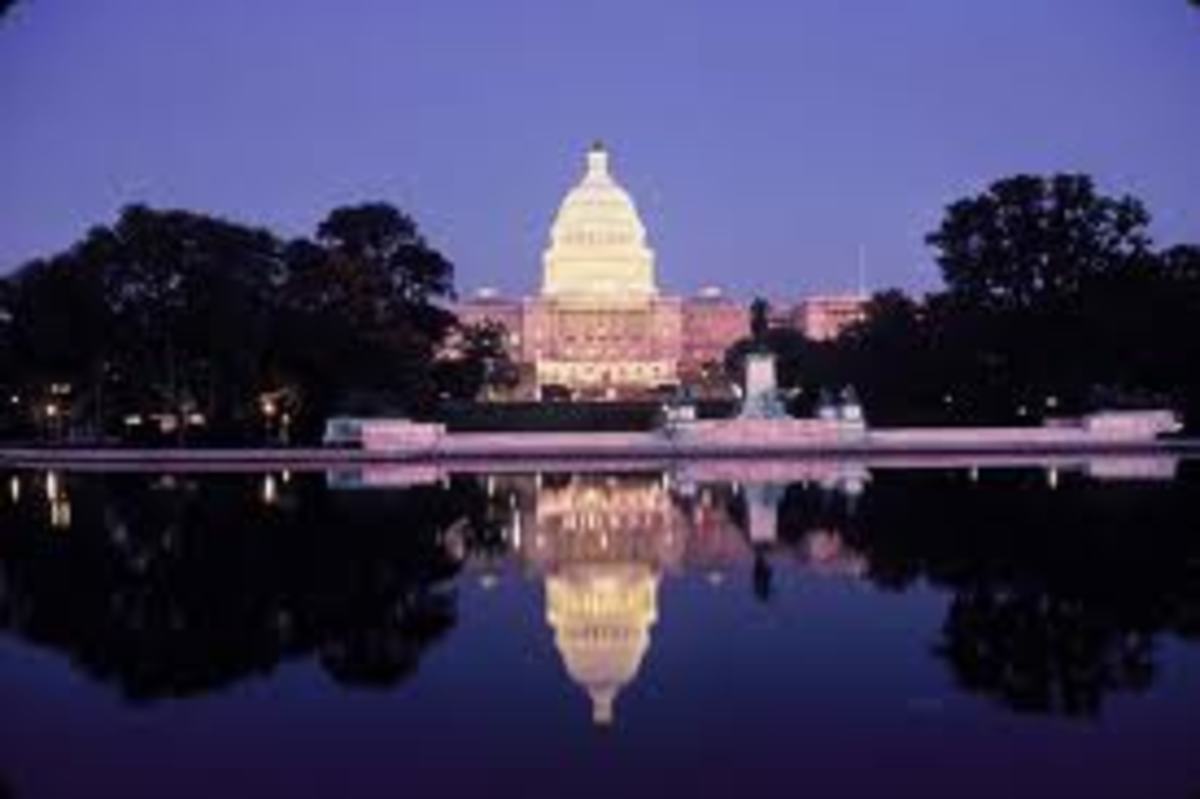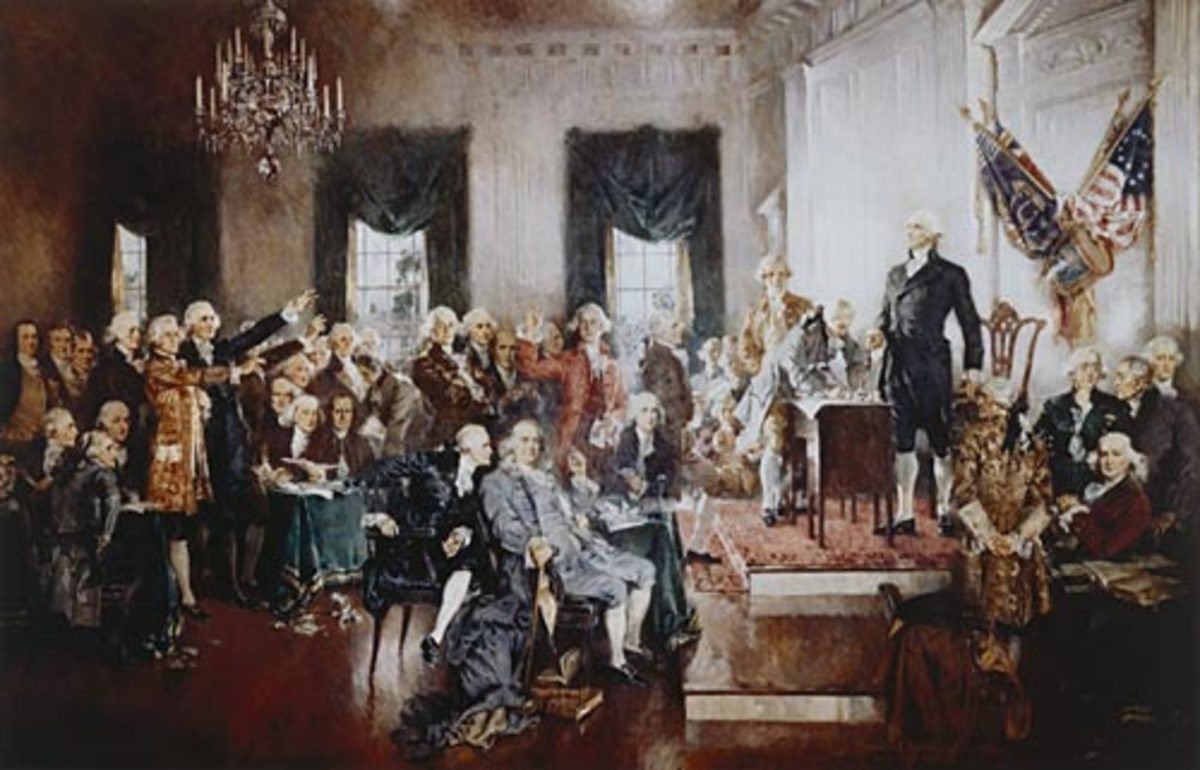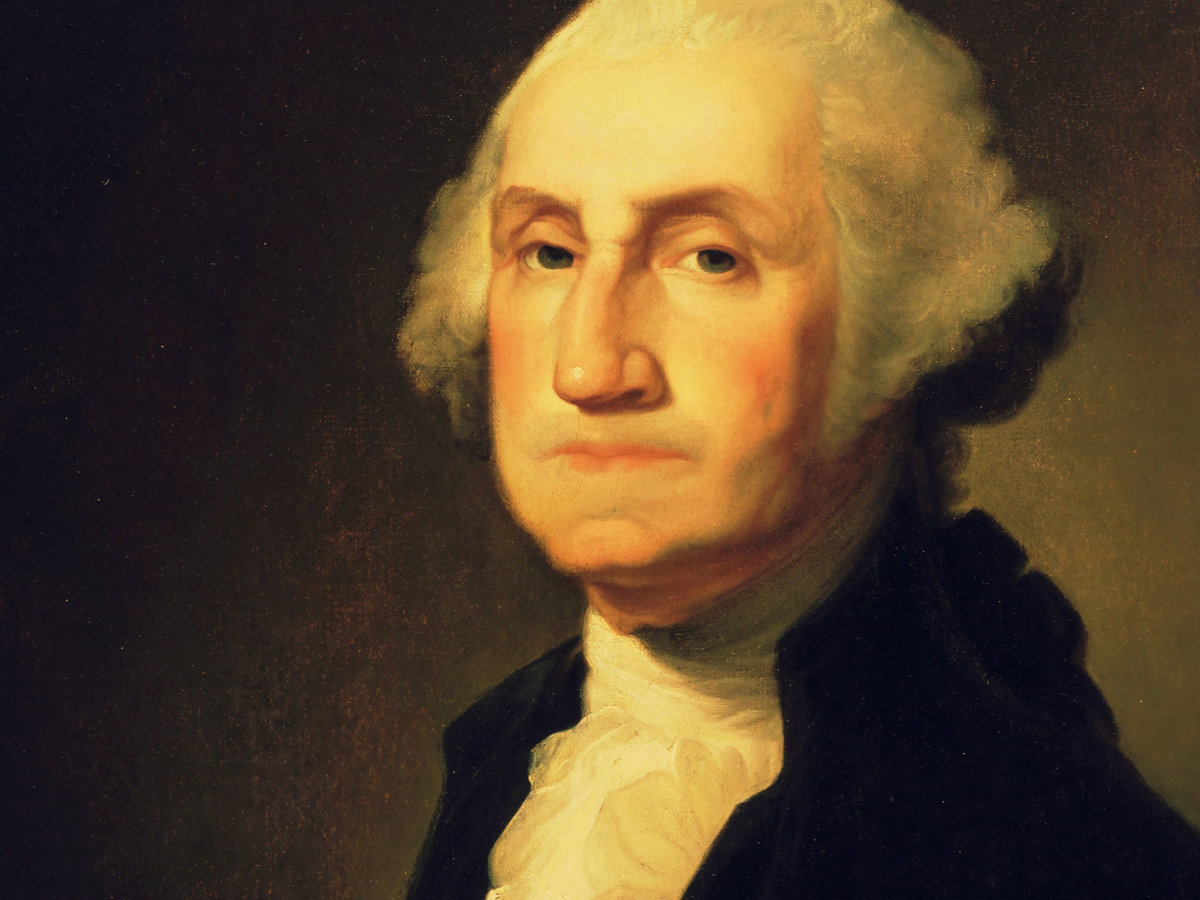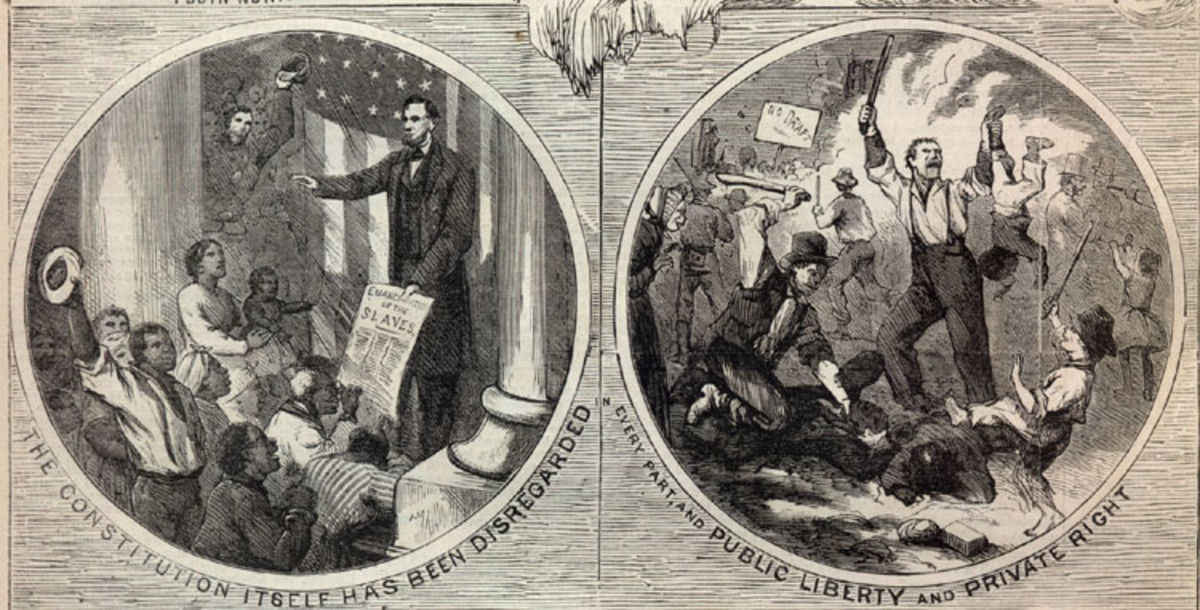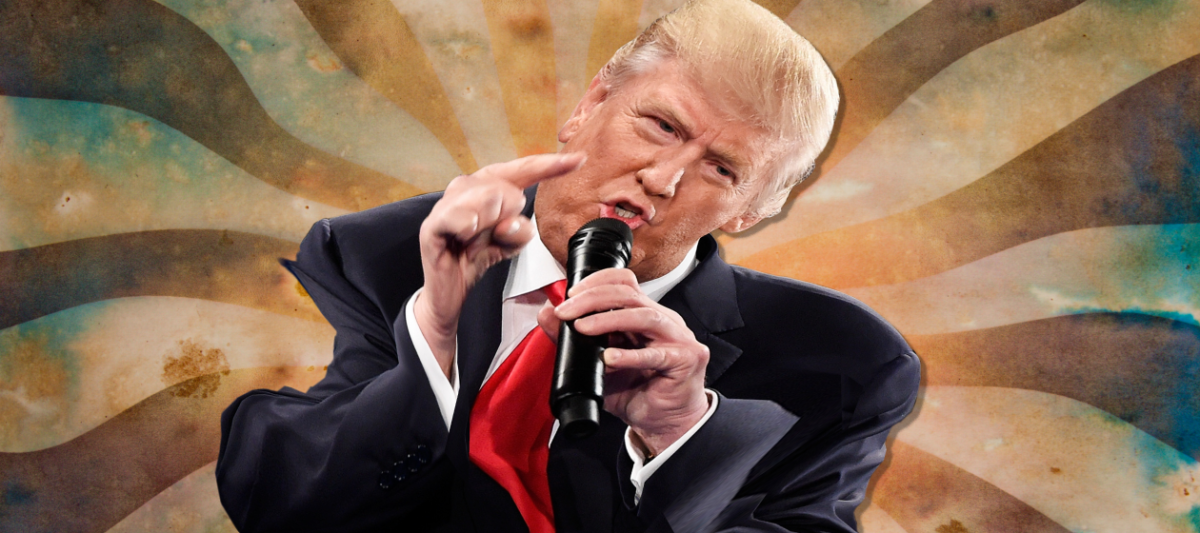Is It We the People or We the Aristocracy?
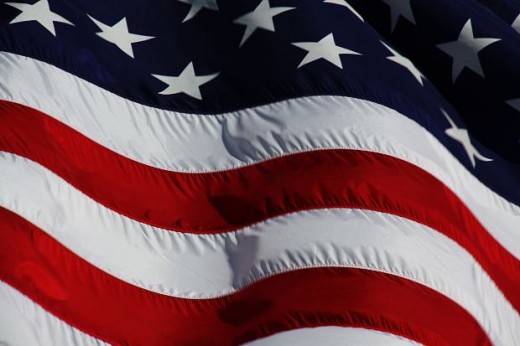
When I hear of political candidates saying we need to restore this country to our "founding fathers principles" and ideals, I often scratch my head. What do they mean by this exactly?
It's such an unclear and undefined sound byte that really needs to be defined more clearly. This is no slight against our "founding fathers" in any way. This articles is slight on those politicians who use the whole "return our country to our 'founding fathers' principles," as some kind of rallying cry.
Don't these politicians of today know that the founding fathers had a distrust of government and those within the government? They sure did, as I'll get into this later.
Now, don't get me wrong. The founding fathers of America had many great principles and ideas that laid the foundation of what our great nation is about. No doubt about that, but even they knew that what they established was far from perfect. Our history tells of this struggle our country has been through over the years.
And it seems that the struggles of the past may be coming back when there are forces out there who definitely believe that it's We The Aristocracy and not We The People.
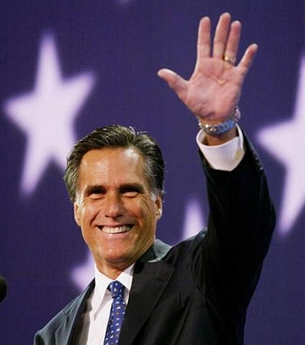
Definitions of an Aristocracy
These definitions are taken from the Merriam-Webster Dictionary:
1: government by the best individuals or by a small privileged class.
2 a: a government in which power is vested in a minority consisting of those believed to be best qualified b : a state with such a government.
3: a governing body or upper class is usually made up of hereditary nobility.
4: the aggregate of those believed to be superior.
Are we heading towards an extreme Aristocracy? Now, it seems that the 1% rich in America are being protected by certain politicians within a party that is mainly comprised of the 1% elite.
Just look at Mitt Romney's tax report that came back. He earns $50,000 a day from investments alone! That's not a month or a year. That's a day!
The Republican party was dead set on destroying public unions of their "collective bargaining" rights with their anti-union bill that was spear-headed by Wisconsin Governor Scott Walker, and the idea spread like a fart to other states like Michigan, Ohio, Indiana, and Idaho. The reasoning was to balance the states' budgets.
What irks me about this is if they're so worried about balancing a state's budget then why do these politicians continually give themselves raises like many of the CEO's in corporations do? Instead, they're more wiling to make sure teachers, firefighters, police officers, and other public employees right to bargain for raises are eliminated?
Hmmm...Did you know that the middle class is over 60 percent in this country. When this country was officially founded the poor was over 50 percent!
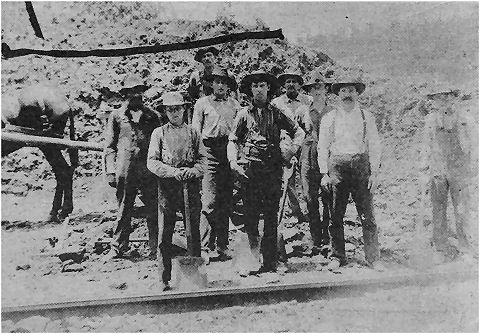

Do Not Forget The Corporate Past!
When the Constitution was signed into effect, there was no law for worker's rights whatsoever. Wages? Forget about it! In those days, it was true capitalism. Today? Not so much.
Back in the stages of our country's development, work went to the group who was willing to work for less. That's why there was so much clashing between the races. Immigrants were never received favorably in U.S. history.
When Irish workers went on strike for pay raises, the big corporations hired another race of people who would work cheaper, which is one of the reasons why they despised the Chinese so much and would later spear-head anti-Chinese movements to kick them out of the American work force.
If the Italians went on strike, the same effect happened. Corporations in the past did this constantly to get cheap labor, and they profited big time. Employers did not have to pay benefits of any kind during those days, and could terminate you for little to no reason at all.
Injured on the job? See ya! Want a raise? See ya! Family member sick? Not my problem, see ya!
This is what American capitalism was built on in the past, and it has changed a lot since then. It's changed for the better, but do some people really want to go back to that foundation? Look, America was built on the hard work of the working class in those days, but it's also true that many of the working class back then got shafted.
This is why labor unions have been organizing throughout our country's history, but you know what? I can see why some politicians today don't really give a hoot. I mean most, if not all, in Congress, are worth more than a million dollars. What do they have to have a labor union for?
Especially since they see fit to give themselves raises just like a lot of CEOs do. Hmmm...is there a connection here?
In 2010 the heads of the biggest corporations in America median pay jumped 27% from $7.1 million in 2009. This is one of the largest increases in recent history during a time when the country is suffering from an extremely high unemployment rate.
How are these bastards able to do this? Through cut backs, layoffs, and the fact that employee wages are stagnant and shrinking from inflation.
Just last year a report by economists from the University of Northeastern University have reported that our economic turmoil has solely benefited corporations. The study concluded:
“Between the second quarter of 2009 and the fourth quarter of 2010, real national income in the U.S. increased by $528 billion. Pre-tax corporate profits by themselves had increased by $464 billion while aggregate real wages and salaries rose by only $7 billion or only .1%. Over this six quarter period, corporate profits captured 88% of the growth in real national income while aggregate wages and salaries accounted for only slightly more than 1% of the growth in real national income. …The absence of any positive share of national income growth due to wages and salaries received by American workers during the current economic recovery is historically unprecedented.”
Yes, it's true that companies in the S&P 500 boosted profit 47% last year. However, this was not due to the creation of business and economic growth.
Much of that was due to cost-cutting and layoffs, reported William Lazonick, director of University of Massachusetts Center for Industrial Competitiveness. Actual "revenue, a gauge of the money flowing into businesses for selling goods and services, grew at a much slower pace than profit — and ended the year up just 7%."
Wow! I bet you can guess who want to go back to the good ole days.
Do Not Dismiss The Corporate Present
Now, even though corporations have hugely benefited from laying off millions, they're crying about being taxed more. Really? It's okay that the middle class have so far taken the burden of this country's taxes, but it's not cool that they chip in even though they've been suckering the people for quite some time now.
And who just happens to be the champions of the 1%, who condemn raising taxes for the rich in fear of distorting their beloved "trickle down theory"? Uhmm...guys, it's not trickling down. It's trickling up.
My Favorite Quotes From Our Founding Fathers
"The marvel of all history is the patience with which men and women submit to burdens unnecessarily laid upon them by their governments." - George Washington.
"The basis of our political system is the right of the people to make and to alter their constitutions of government." - George Washington.
"Democracy... while it lasts is more bloody than either aristocracy or monarchy. Remember, democracy never lasts long. It soon wastes, exhausts, and murders itself. There is never a democracy that did not commit suicide." - John Adams.
"There is danger from all men. The only maxim of a free government ought to be to trust no man living with power to endanger the public liberty." - John Adams.
"Educate and inform the whole mass of the people... They are the only sure reliance for the preservation of our liberty." - Thomas Jefferson.
Why do I like these quotes? I like them, because it shows that they knew what they created was not perfect nor absolute. Actually, many of the founders distrusted each other and the beliefs about the role that the government should play.
Everything within the Constitution was not some harmonious decision. John Adams was appalled by slavery, and George Washington wished for nothing more than for slavery to be abolished. However, many southern delegates supported slavery.
That's just one example that The Founding Father's principles were quite varied, and they left the Constitution open to change. The United States was not perfect shortly after the Constitution was ratified. There were tremendous inequalities that had to be sorted out through our great nation's history.
I'm not sure what these politicians mean by the going back to the "founding father's principles!" To me that's like when George W. Bush kept saying, "We're going to recapture World War II glory!"
How can you recapture World War II glory? Wouldn't you have to start a World War in order to do that?
It's weird, because I hear quite a bit of Republicans saying the whole return to our "Founding Father's Principles." Do they mean going back to an overly Aristocratic society? It sure seems like it nowadays.
Our Founding Father's principles are still here, and they believed in standing up against the tyranny of those in government who would abuse their power over the liberty of another, especially when it came to earning a living.
We can't go back. We can only keep those principles here in the present with us and move forward with them for the betterment of our country. Not go backwards and stop this great nation from progressing.
It's a shame that some politicians are masquerading around about returning to our Founding Father's principles while they're doing the exact opposite and abusing their powers to protect those with money and power first and foremost. So here's to going back to the Founding Father's first principle:
It's We The People! Not We The Aristocracy!
Yours Truly,
An American Patriot!
© 2012 Vic



